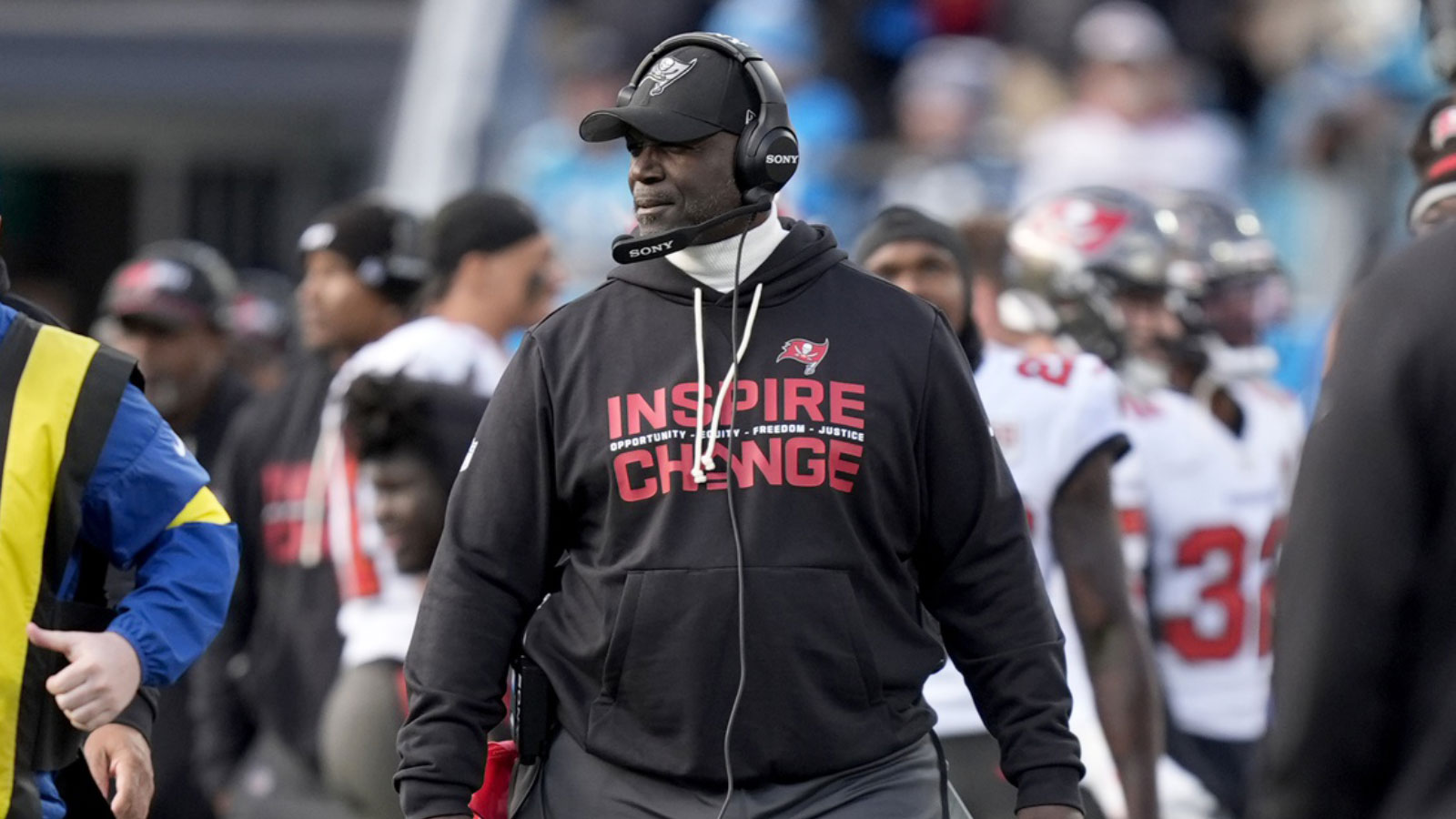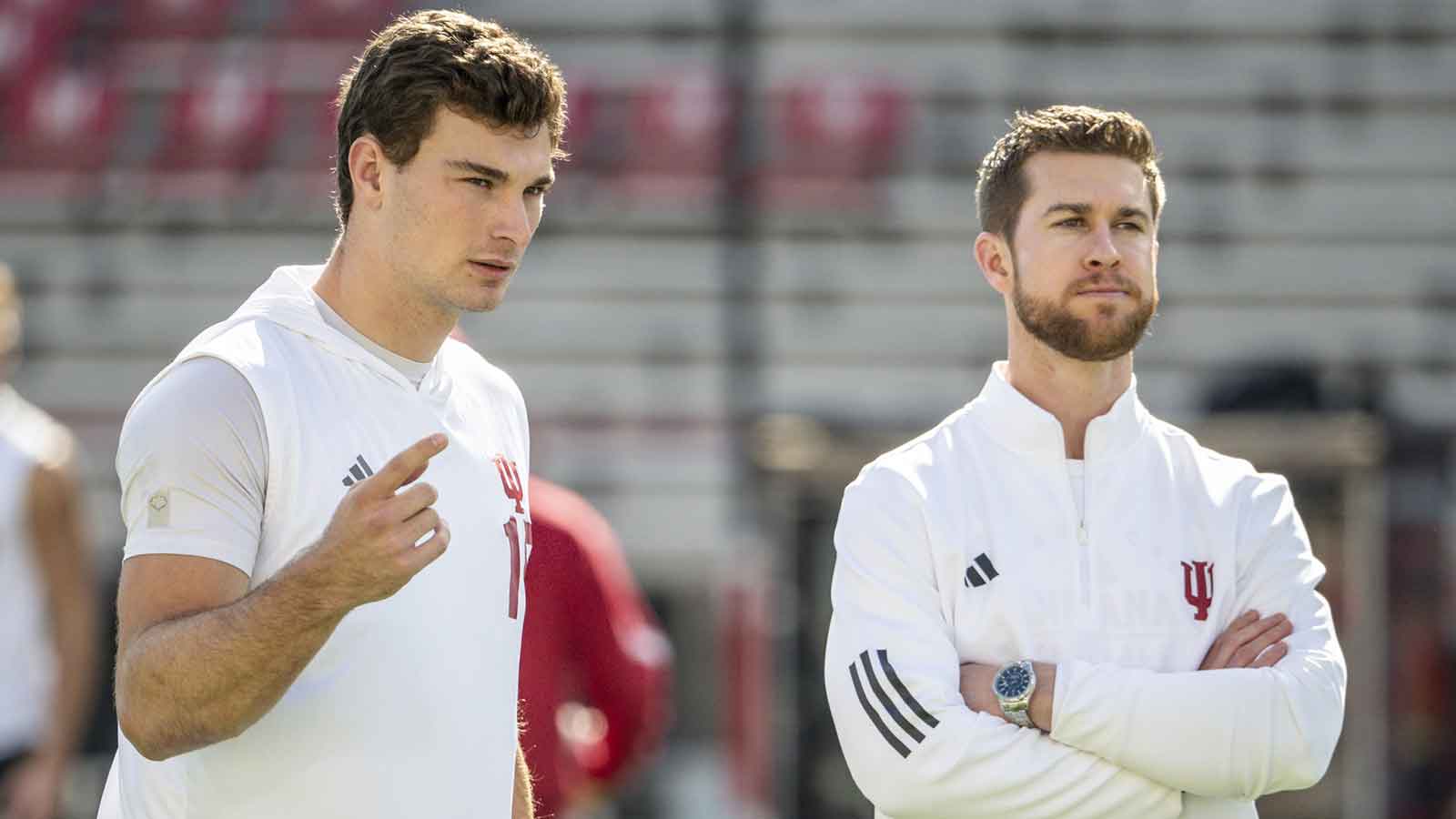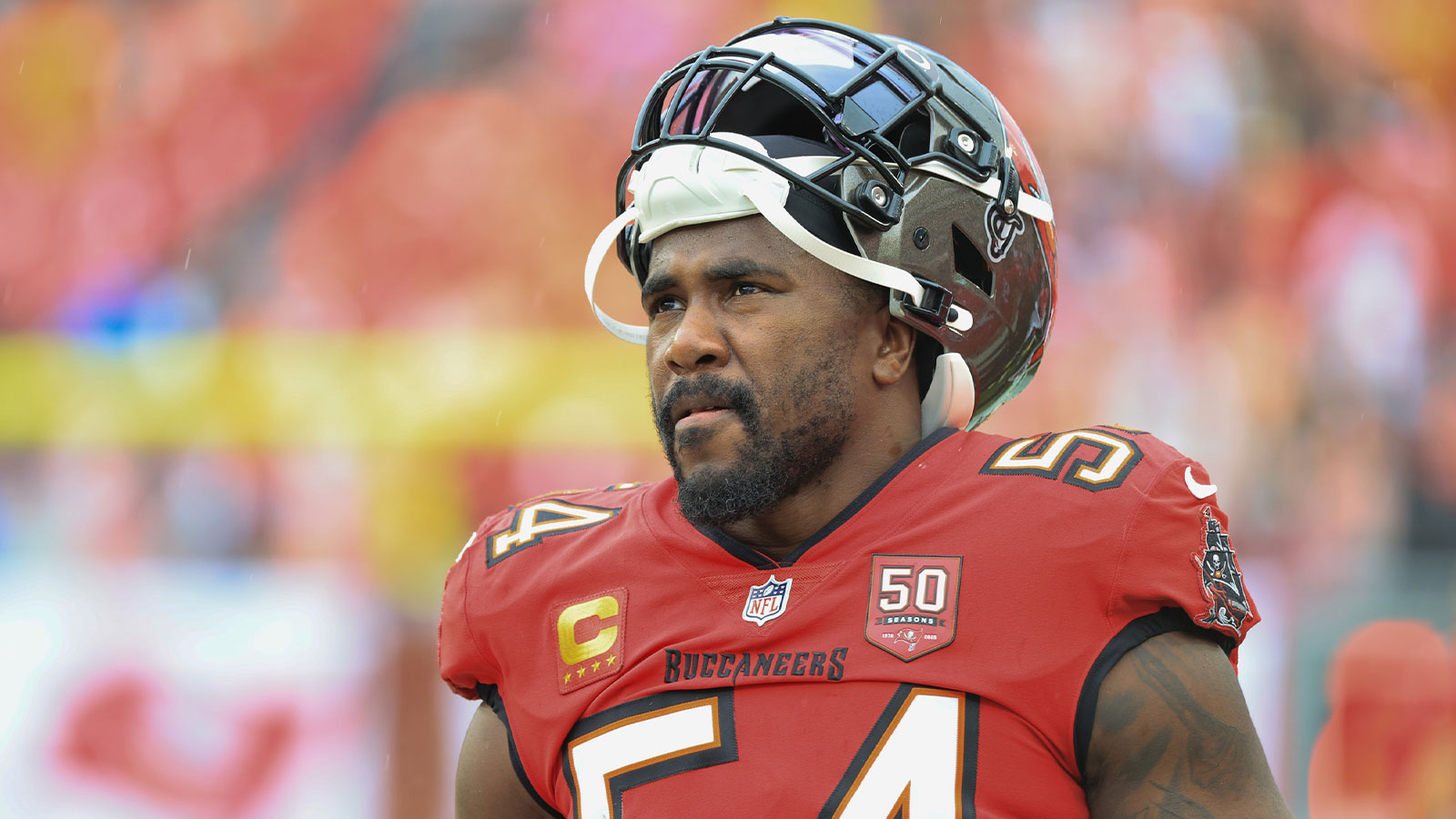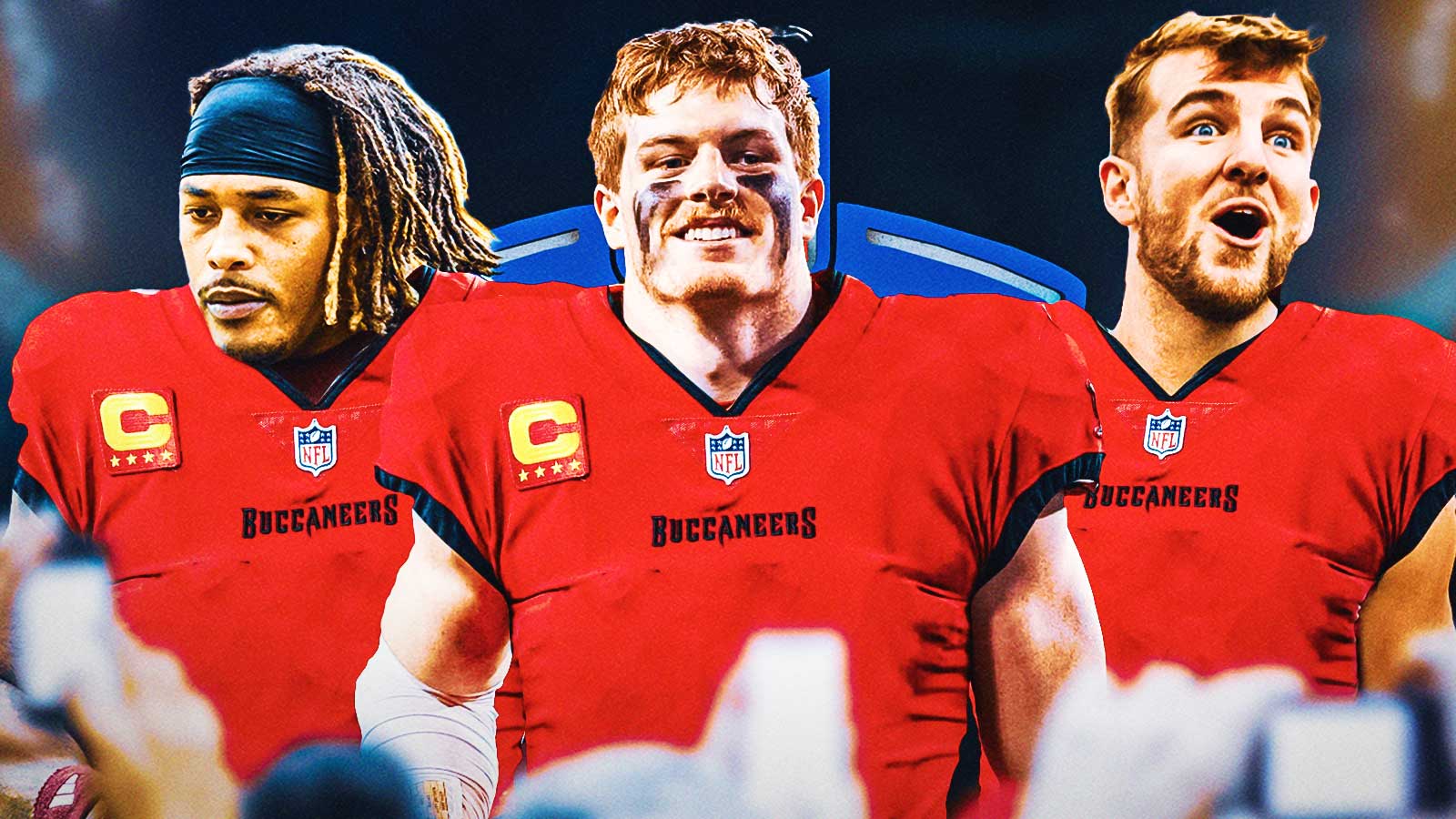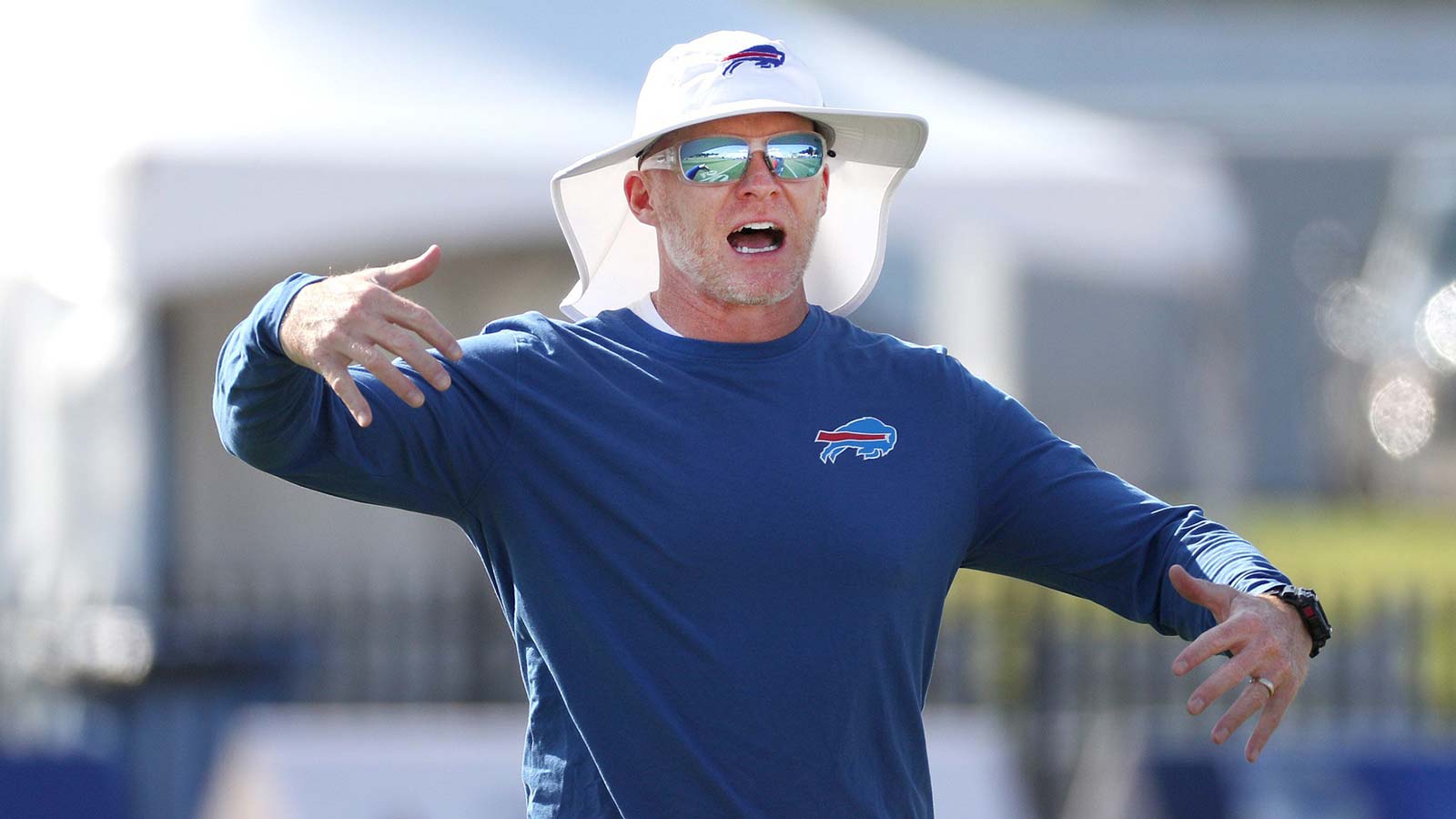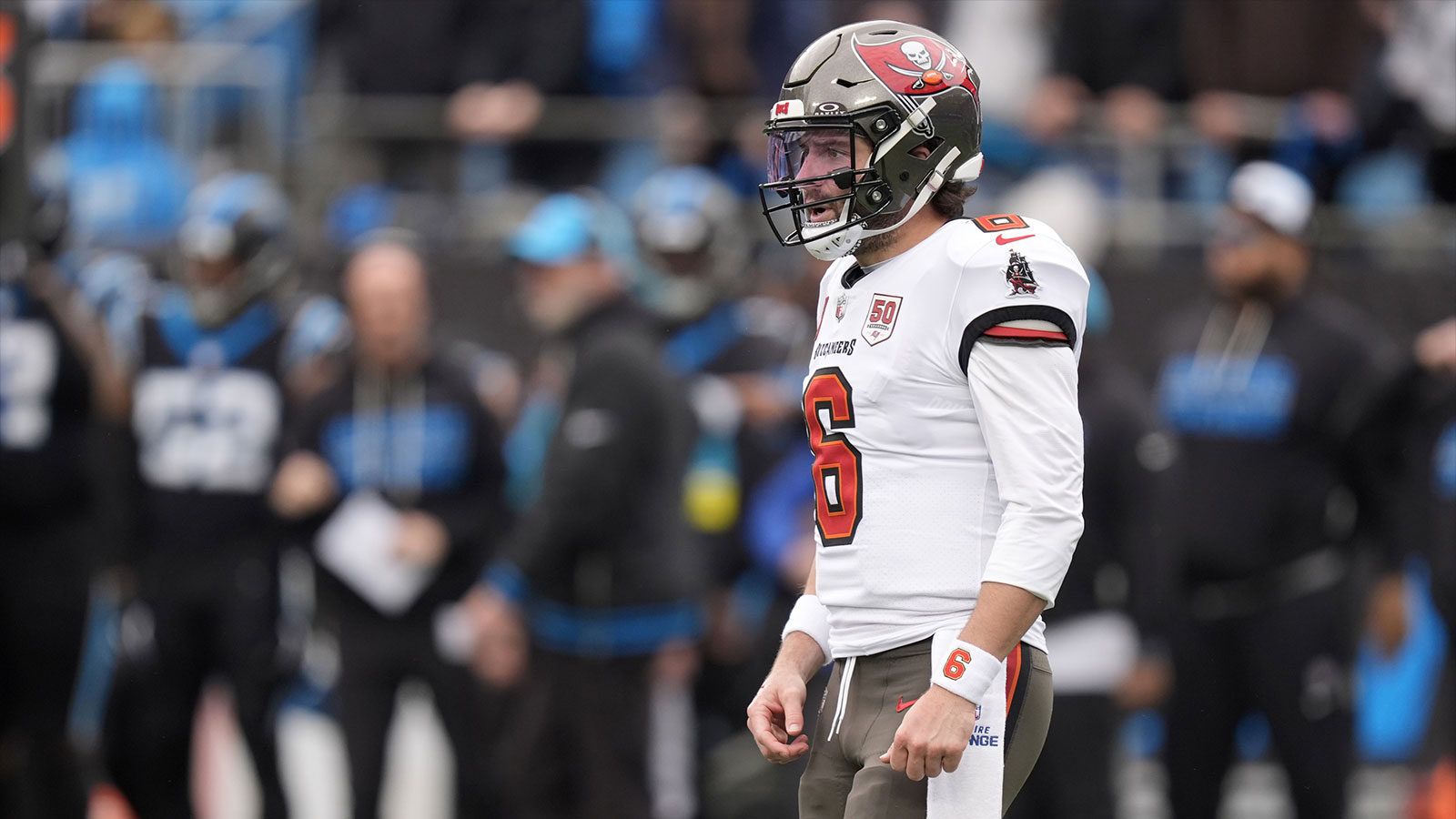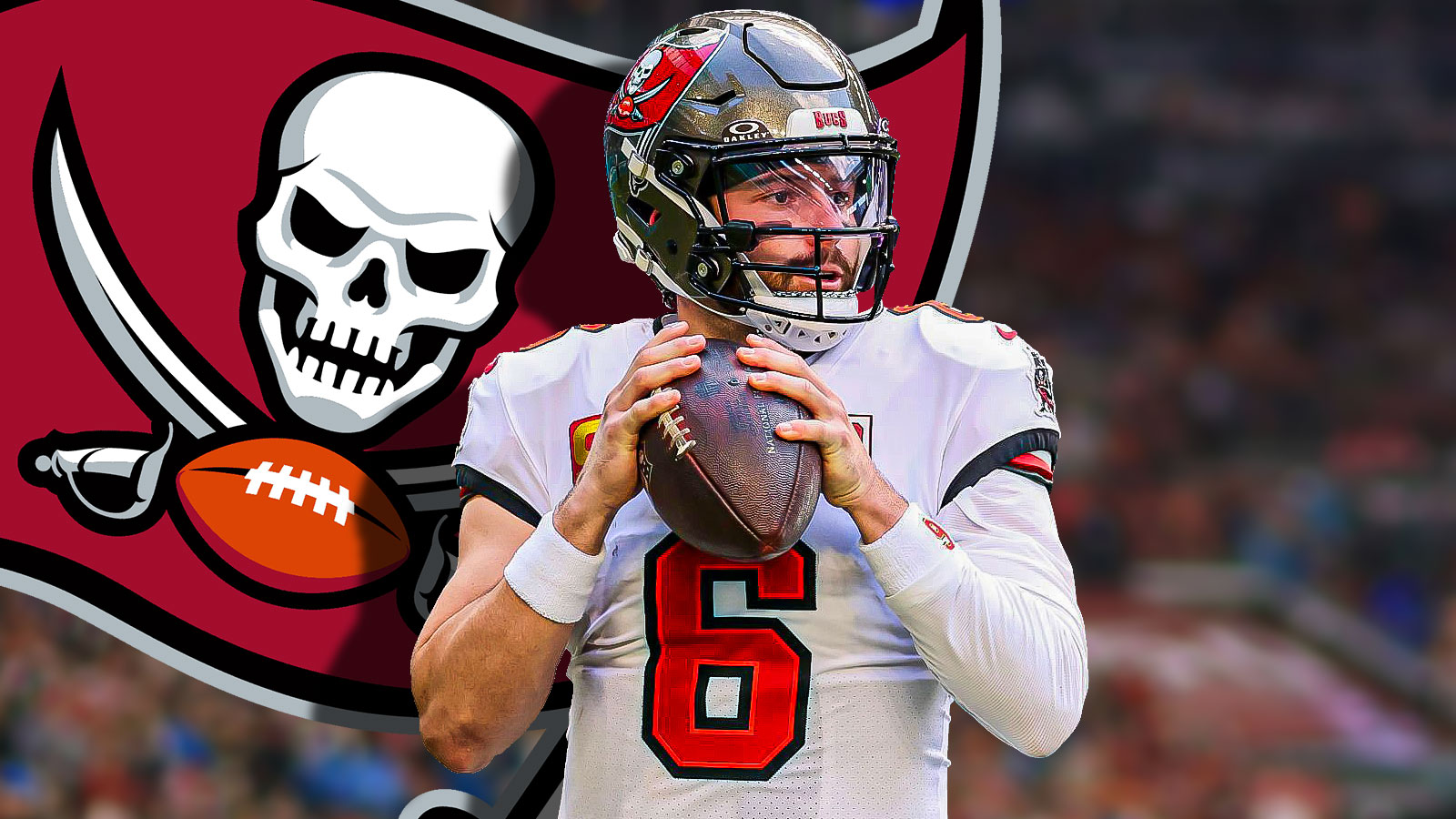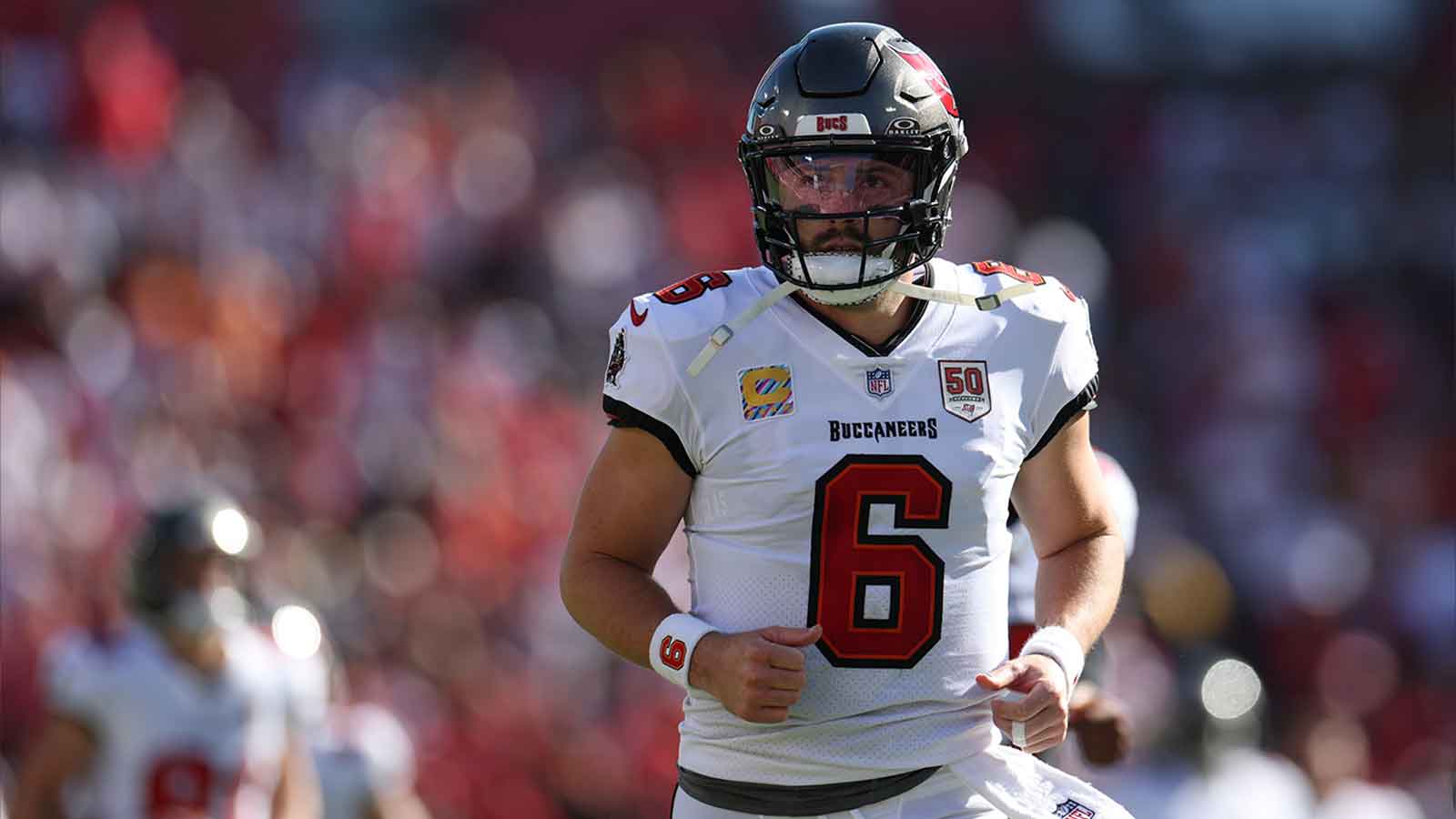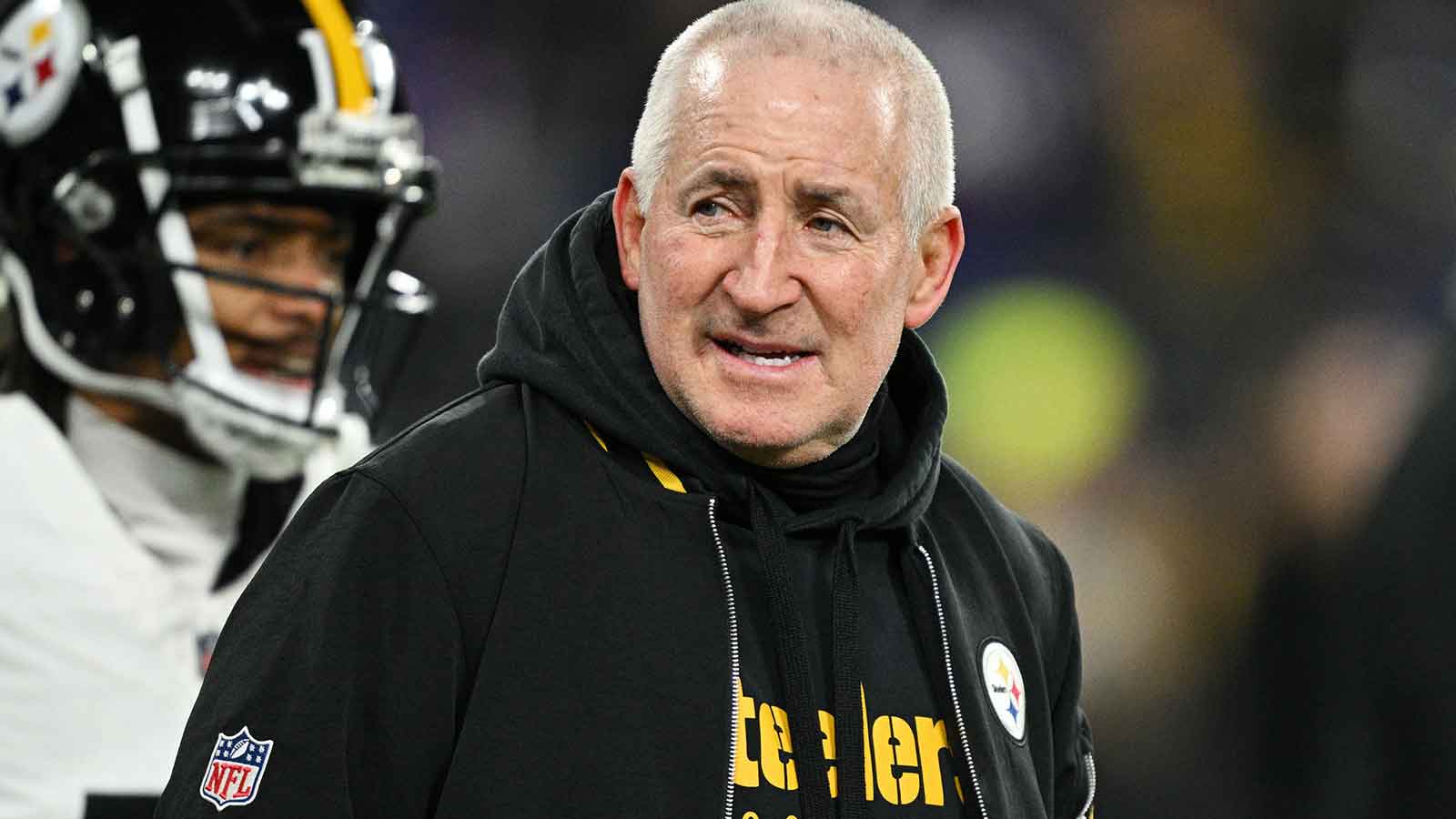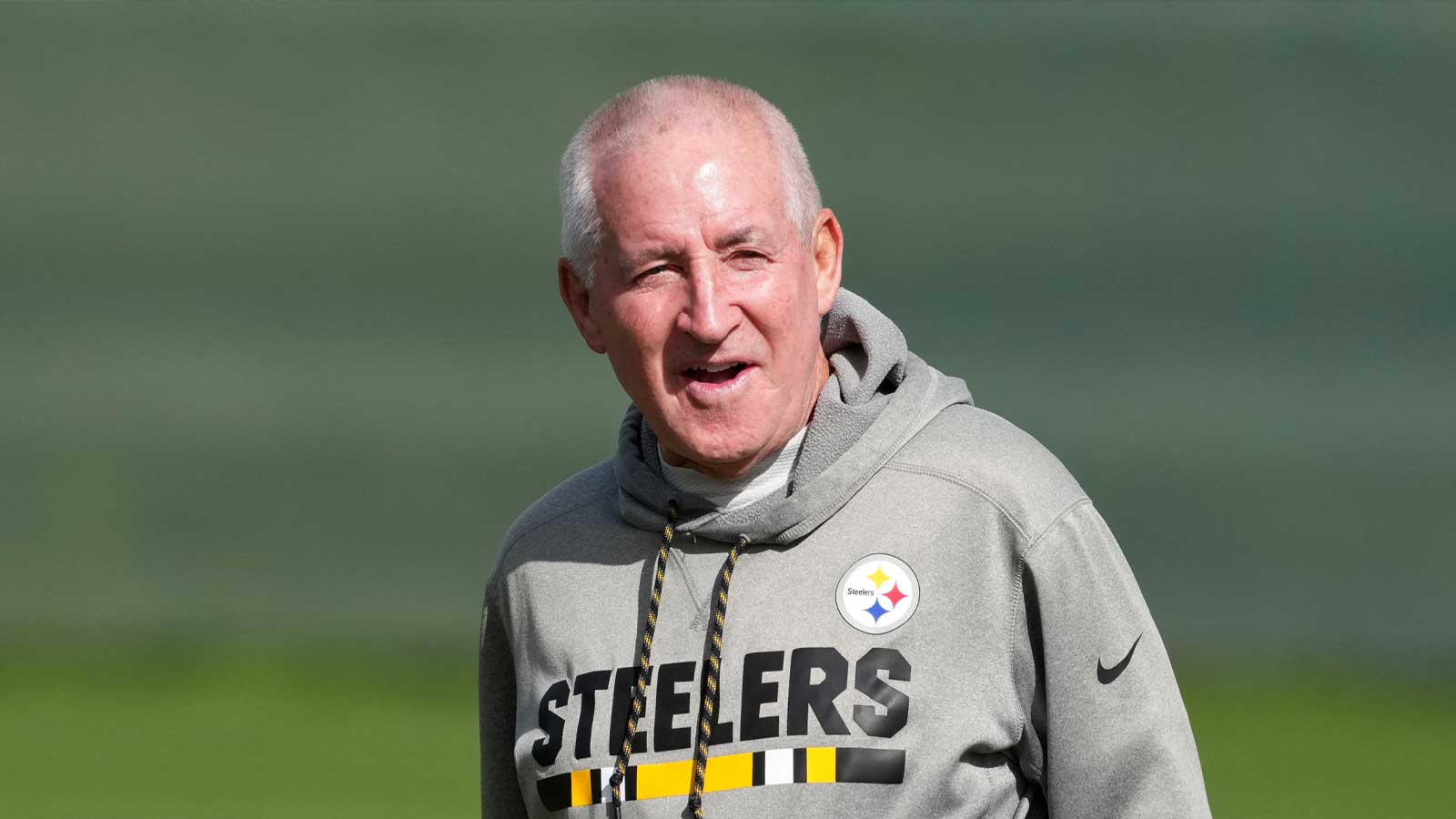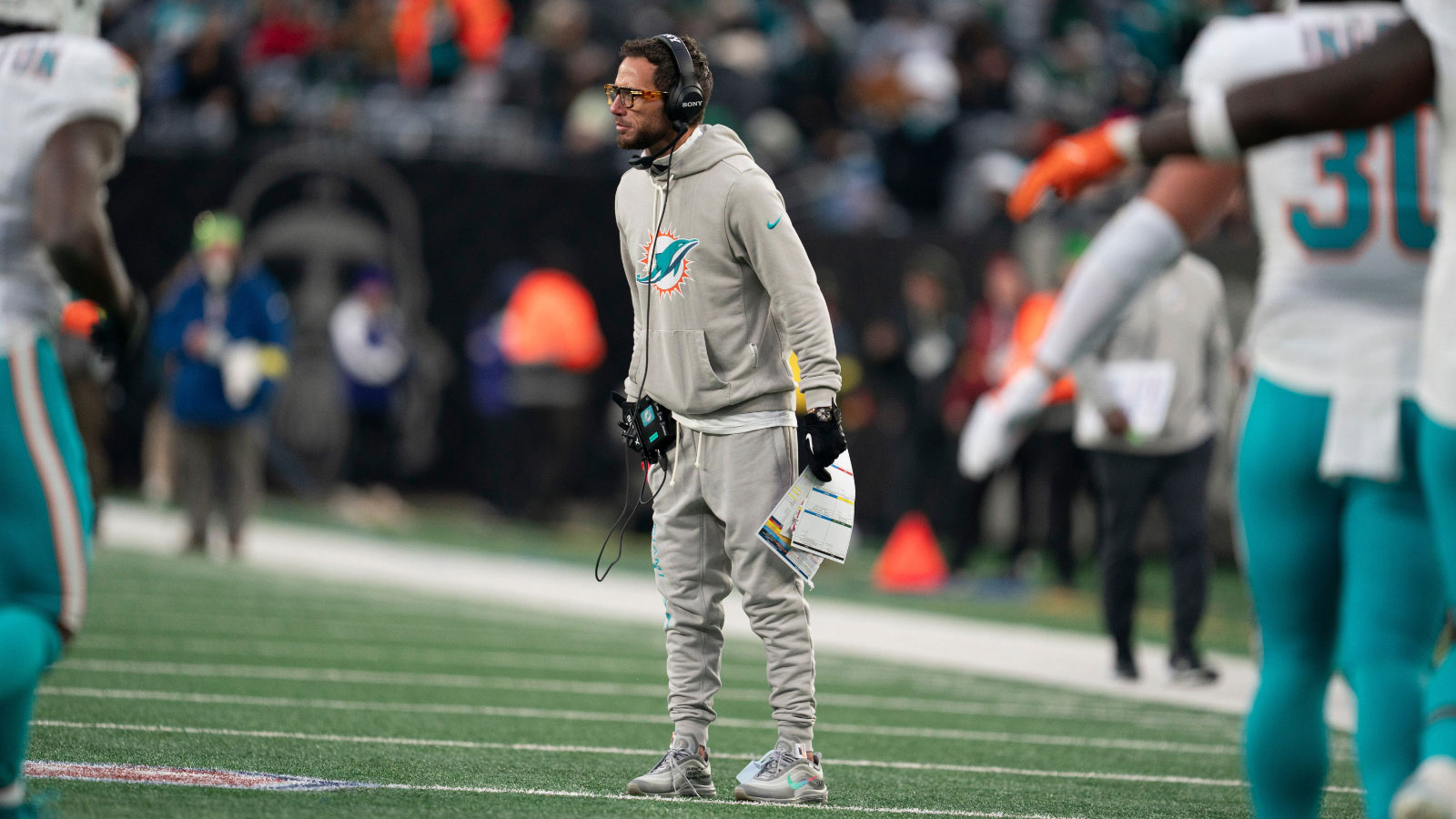Hall of Fame defensive tackle Warren Sapp was a polarizing figure in the National Football League. His brash persona, his rough and sometimes dirty style of play, and the incessant trash talking either brought in fans wanting more, or rubbed them the wrong way.
But the one undeniable thing is that when Sapp was on the field, he was one of the most commanding and game-changing players in the NFL. A rare package of speed, size, and strength, Sapp would be a part of multiple exceptional defensive teams throughout his career.
From a dirt road to a gold jacket, Warren Sapp had a marvelous career that spanned well over a decade, and has left a lasting footprint that would forever be remembered.

Hailing from Plymouth, Fl., Warren Sapp committed to play college football for the University of Miami. With the move to convert Sapp from a tight-end to a defensive tackle, unbeknownst to then Miami head coach Dennis Erickson, he birthed a force that would tear the NFL apart in the years to come.
In his two-year career at The U, Sapp won multiple awards, including both the Bronko Nagurski and Lombardi Trophy, giving him the recognition of being not only the best defensive player in all of college football, but also the best player overall.
Sapp declared for the 1995 NFL Draft. Projected to be one of the best prospects coming in, reports about failed drug tests released the night before scared off teams in taking the standout defensive lineman. As his name dropped, the Tampa Bay Buccaneers, who are hoping to change their fortunes after having 11 straight losing seasons, selected Sapp 12th overall.
Sapp started eight games in his rookie campaign, tallying a total of 27 tackles to go along with 3 sacks and an interception that resulted in a touchdown. With the season-ending in 7-9, Tampa Bay elected to relieve coach Sam Wyche and replaced him with Tony Dungy in 1996.
Under Dungy, Warren Sapp and the Tampa Bay defense will vastly improve. Putting forward a scheme that is now famously known as the Tampa 2, Dungy transformed the Buccaneers’ pass rush into one of the scariest in the league. Flanked by defensive stalwarts Derrick Brooks, Hardy Nickerson, and John Lynch, Sapp thrived being utilized in an improved 4-3 system.
He was able to sack the quarterback 9 times in 1996, and then 10.5 the following year. Under the six years for Tony Dungy, Sapp will be named to six straight Pro-Bowl selections, amassing a total of 231 solo tackles with 42 of them resulting in a loss of yards. Sapp also sacked the quarterback 72 times during that span. Sapp will also be named 1999’s NFL Defensive Player of the Year.

But with disappointing ends to their season and early playoff exits in 2000 and 2001, the Buccaneers felt that they needed to make a change at head coach. In 2002, Tampa Bay brought in former Oakland Raiders head coach John Gruden to be the Buccaneers’ skipper.
Under the tutelage of Gruden, Sapp and the Bucs continued to be the best defense in the NFL. Led by their powerhouse defensive tackle, Tampa Bay ranked first in allowing passing touchdowns, yards gained per game, and in interceptions, a testament to their impressive pass rush. Sapp carried his vaunted defensive squad to a 12-4 record winning the NFC South. For the season, Sapp tallied 52 total tackles with 7.5 sacks and 2 interceptions, on his way to another Pro-Bowl game and earning All-Pro team honors.
The Bucs then shut down the San Francisco 49ers and earned a date with their nemesis the Philadelphia Eagles in the NFC Championship. Having lost to the Eagles in the playoffs two years in a row, Tampa Bay eventually extinguished their past demons as they march their way into the Super Bowl.
In the championship game, ironically, against Gruden’s former team the Oakland Raiders, led by the powerhouse Sapp lining up in the trenches, the Buccaneers put forth a defensive show, holding the AFC champions to just 21 points. With two tackles and a sack, he and along with his team reached the pinnacle of football mountain and became World Champions.
Sapp would go on and play one more year in Tampa Bay before signing a lucrative seven-year, $36 million contract to play for the team he just managed to beat in the Super Bowl two years ago the Oakland Raiders.

Warren Sapp would go on and continue to terrorize offenses and bring quarterbacks to the ground. In his third year with the Raiders, Sapp would once again reach double digits in the sacks count with 10 for the season. While still being one of the elite pass rushers in the league, Sapp will not reach the Super Bowl game again.
Over four years with the silver and black, Sapp garnered a total of 172 tackles, with 27 of those hits resulted in lost yards to go along with 19.5 sacks and 1 interception.
Despite being still one of the most productive defensive tackles in the league, Sapp announced his retirement in 2008 with just two words: “I’M DONE.”
Throughout his illustrious 13-year career, Warren Sapp was named to four All-Pro first teams, two All-Pro second teams, and has been named to 7 straight Pro-Bowls. On top of his accomplishments, Sapp has been named to the 1990s and 2000s NFL All-Decade teams, a confirmation of his elite talent, skill, and overall impact on the game.
In 2013, Warren Sapp’s #99 jersey has been retired by the Tampa Bay Buccaneers. And in the same year, his legacy is fully enshrined in Canton, Oh. when he was named into the Pro Football Hall of Fame. A player like no other, as far as one of the most dominant defensive players in the game, Warren Sapp will forever be in the conversation as one of the best.








